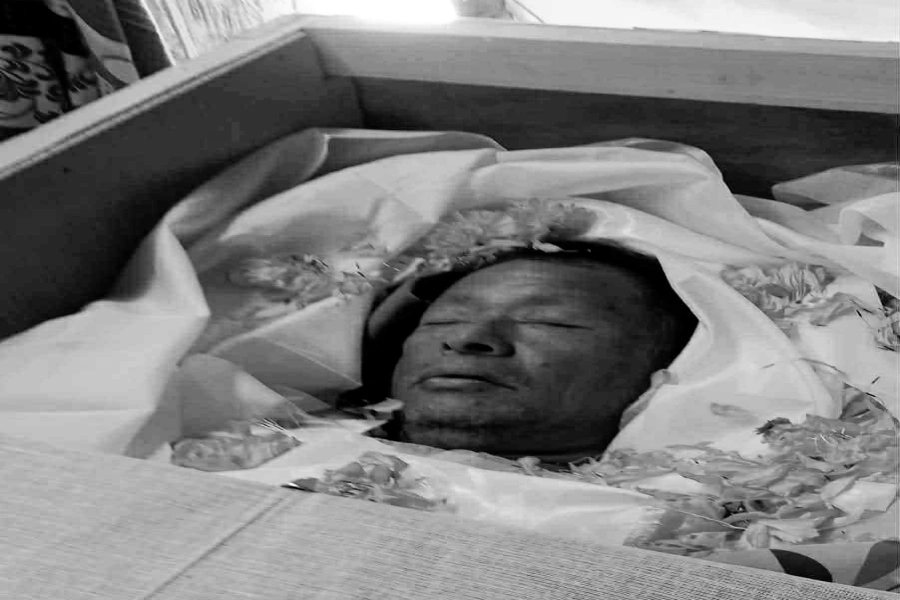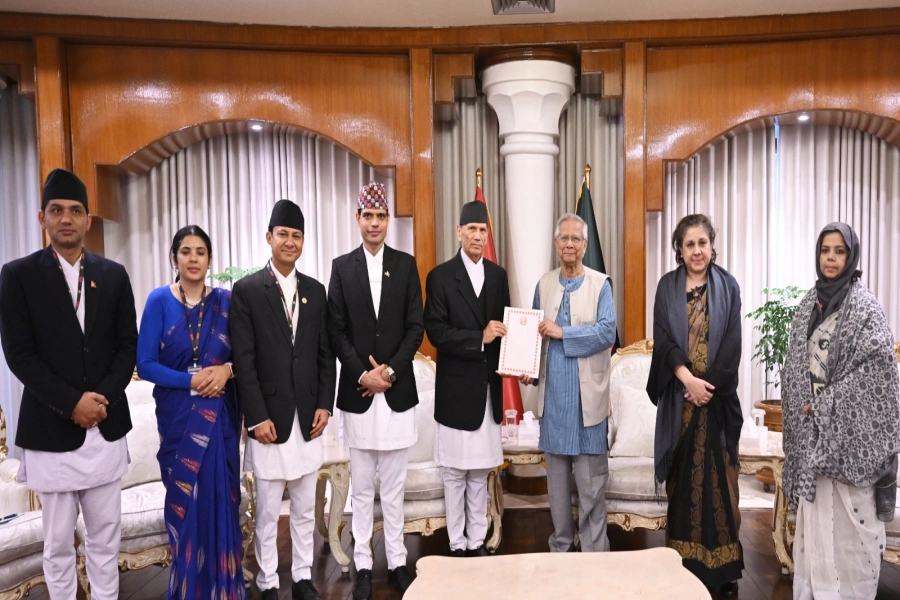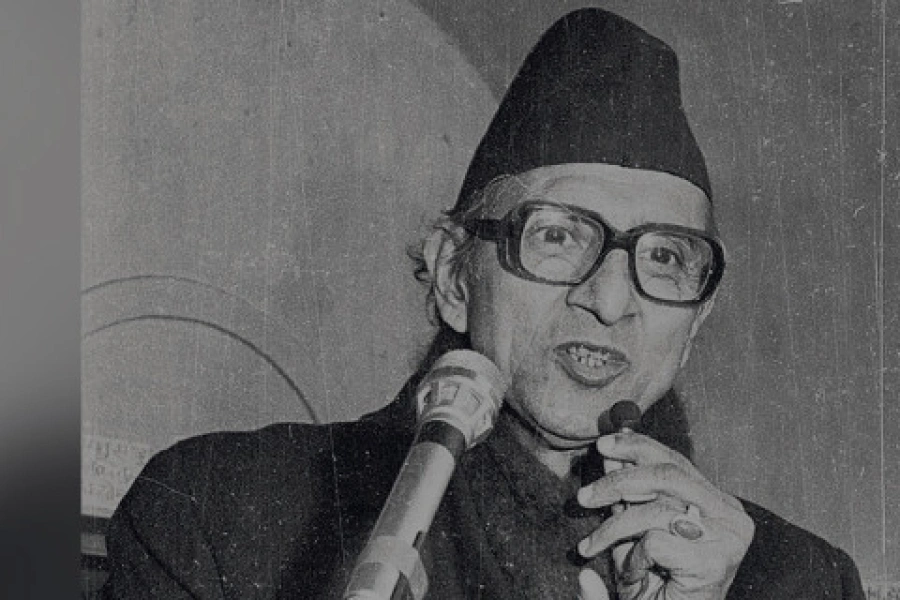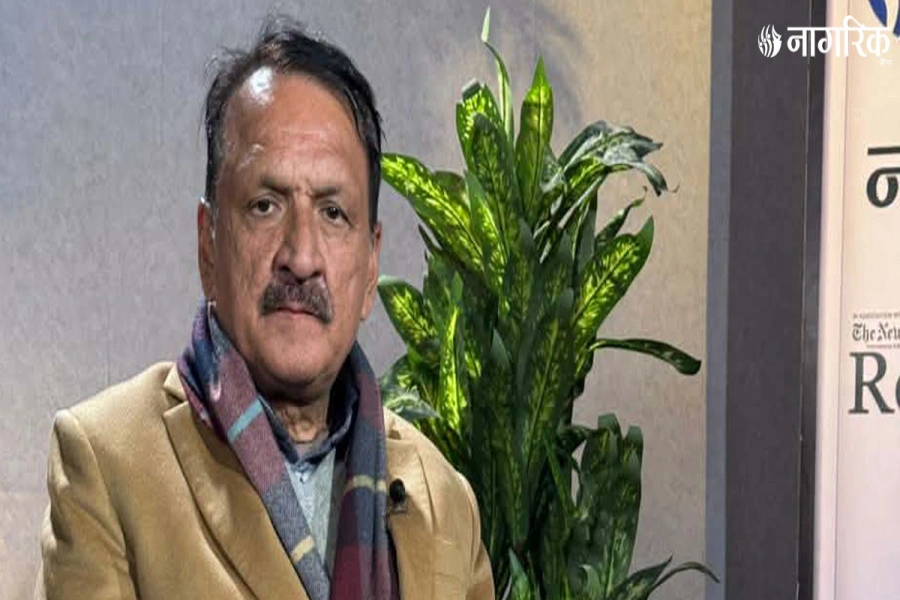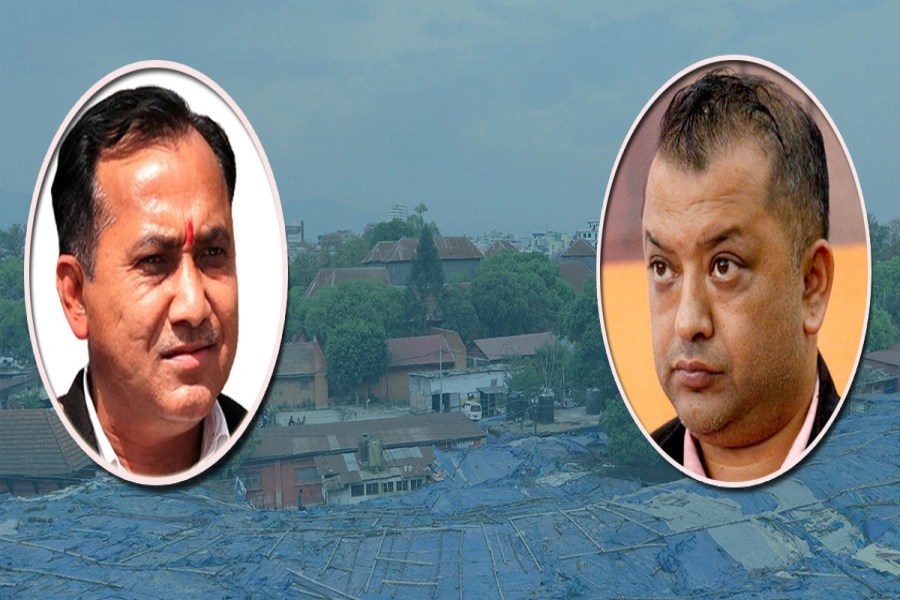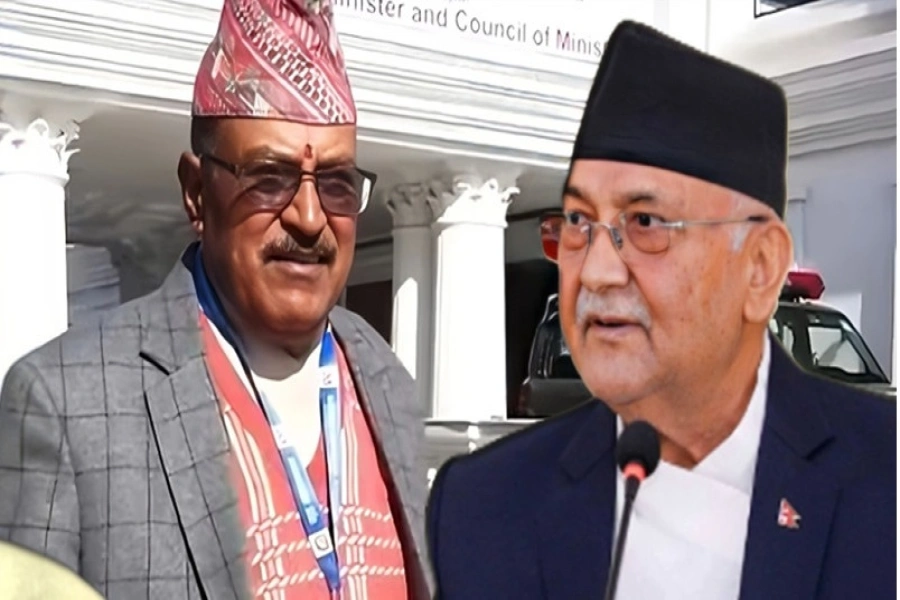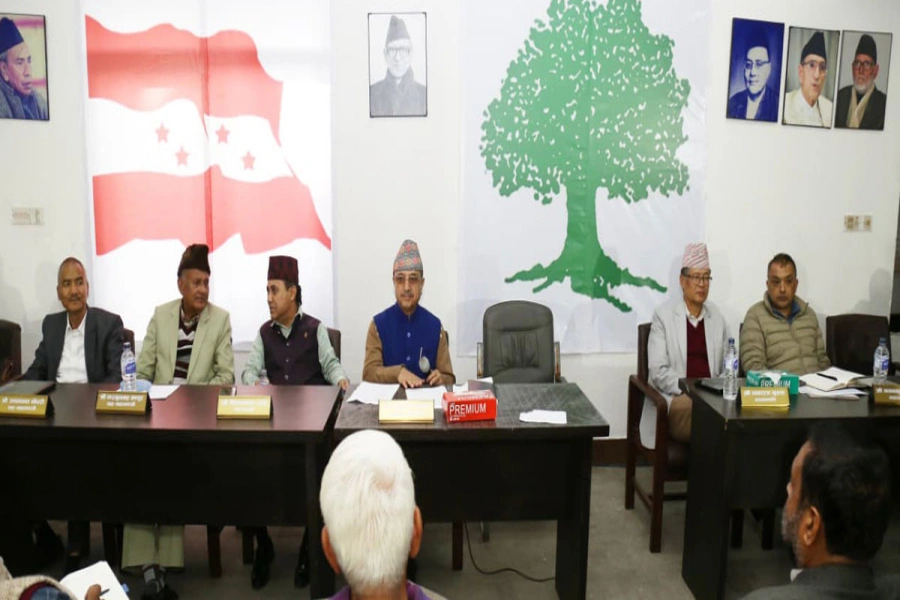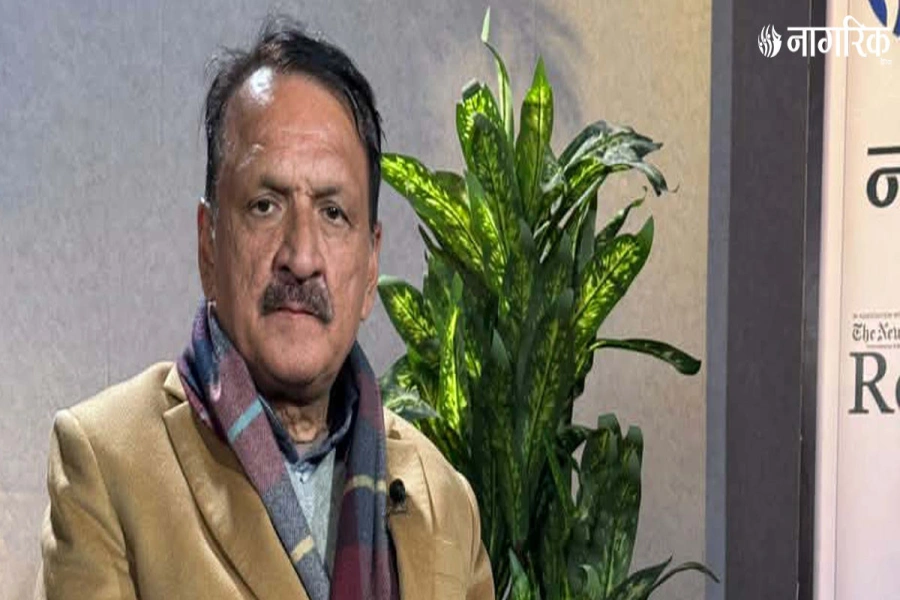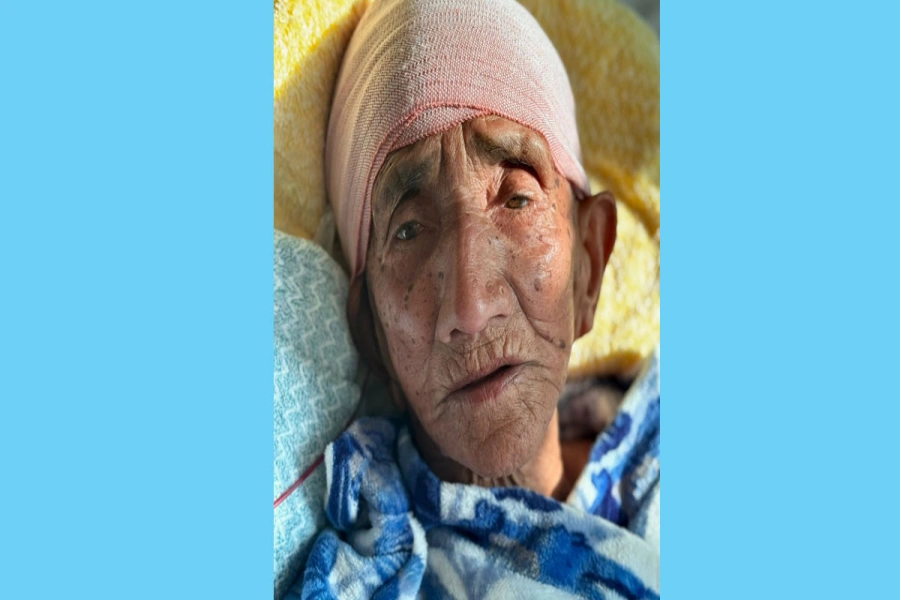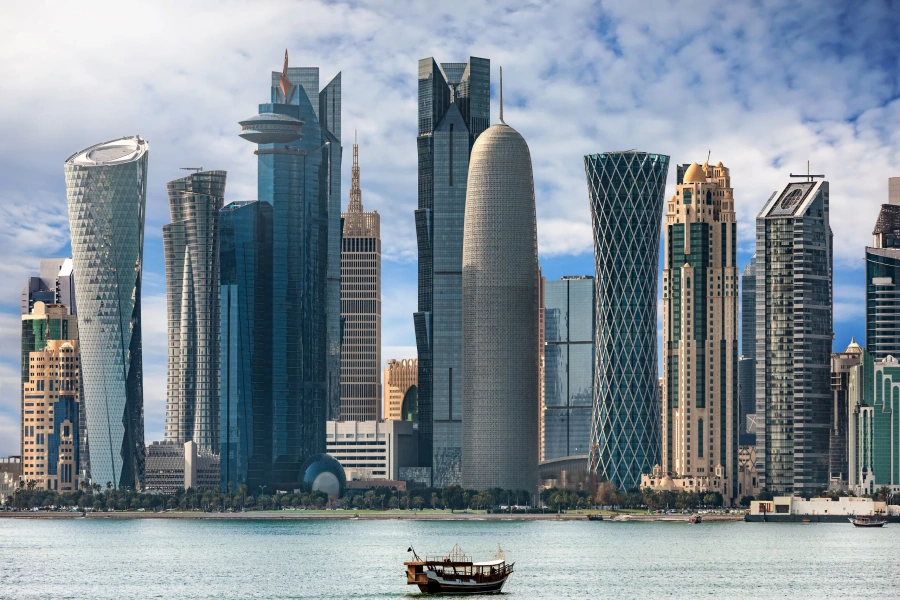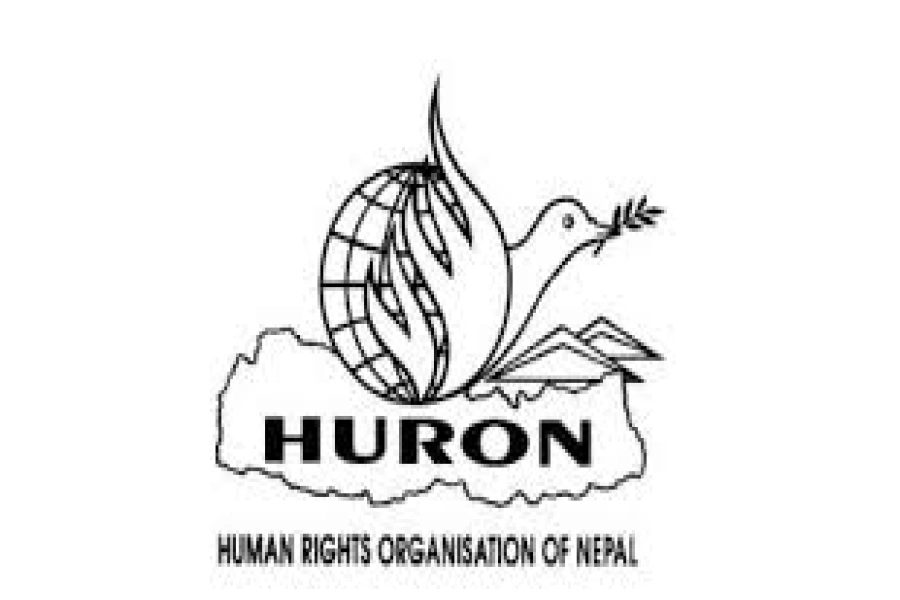RAJBIRAJ, March 11: The monsoon is around the corner and locals in Rajbiraj who are living in the settlements near Khado and Jeeta rivers are extremely worried. Last year, incessant rain and floods had wreaked havoc in several parts of Madhes, including theirs. Even in years before such disasters had killed and displaced many people.
“A large swath of land gets submerged every monsoon and we are forced to bear the loss,” states Ugrakanta Jha, 80, a resident of Tilathi. “There should be some solution to this regular disaster,” added the retired teacher.
When floods sweep away the settlements, it draws the attention of the media, government and other bodies. Support and relief is provided along with a lot of hue and cry for the destruction. However, all the disasters so far have not been sufficient for the authorities concerned to find permanent solution to the problem, Jha said.
“Even though leaders, ministers, reporters visit us after flooding, they haven't done anything to avert such disasters. We are forgotten until another flood destroys our lives,” he stated.
In his eight decades of life, Jha has gone through many ups and down. Life has always hard for people living in the area. However, he could not move away from there.
“Where to go? What to do? For poor people, there aren't many choices. Or else, the locals here would have chosen to live in much safer places,” he says.
Dashain fails to bring joy to Udayapur flood victims

Since last four decades, Tilathi village has regularly suffered flooding. Khado and Jita rivers are the biggest threat. In monsoon, they swell and excess water inundates the southern part of the district.
“It has been happening for the last 40 years. When I was young I used to dream of doing something to control, but I could not do anything because of our unfaithful leaders. Time simply passed by. Now I am 80, I feel more helpless as the people have been living with the same problems and agonies,” he narrated.
According to Jha, locals have tried to draw attention of every authority concerned for finding a permanent solution to their woes. “We met politicians, bureaucrats, and ministers and called for help. But our repeated requests have been never heard,” he reminisces.
He claims that flooding is the biggest problem of the Madhes and that is has been preventing it from prospering. “Floods take a serious toll on agriculture and other economic activities and because of that Madhesis have been not able to prosper,” he claimed.
“Every year, people in Madhes are hit hard by the flood. Our crops, home, and cattle are swept away. Our lands are turned into riverbank. When farmers are not able to save their farms, they are bound to remain poor,” he argued.
According to the District Disaster Management Committee, the loss assessment of the last year's flood stands at Rs 140.6 million in Tilathi village alone. One person had died and 3,997 houses were severely damaged. The flood had entered from Muhali River and had wreaked havoc in several areas.
Even though leaders, ministers, reporters visit us after flooding, they haven't done anything to avert such disasters. We are forgotten until another flood destroys our lives. Ugrakanta Jha,
a Tilathi resident
Another local of Tilathi, Upendra Mukhiya, is equally upset about the lack of flood prevention measures. Correcting the courses of rivers by building dams, resettlement of people living in flood prone zones, both prevention and quick response measures of natural disasters and so on should be government's priority, he said. “But until floods enter, everyone sits quiet, that is very unfortunate,” he stated.
Mukhiya stated that the fear of the next flood could be easily seen in the eyes of the people. They are living miserable life in lack of basic facilities and do not have any idea how they are going to face yet another disaster, Mukhiya stated.
“This is such a sorry state which cannot be expressed in words. Hundreds of people had become homeless last year. And now, whatever kind of hut they have erected are still threatened by floods,” Mukhi said.
The flood victims have a different life. Their children do not go to school. Elders don't have job security. Most of them have lost not only their house to the flood but also their fertile lands.




